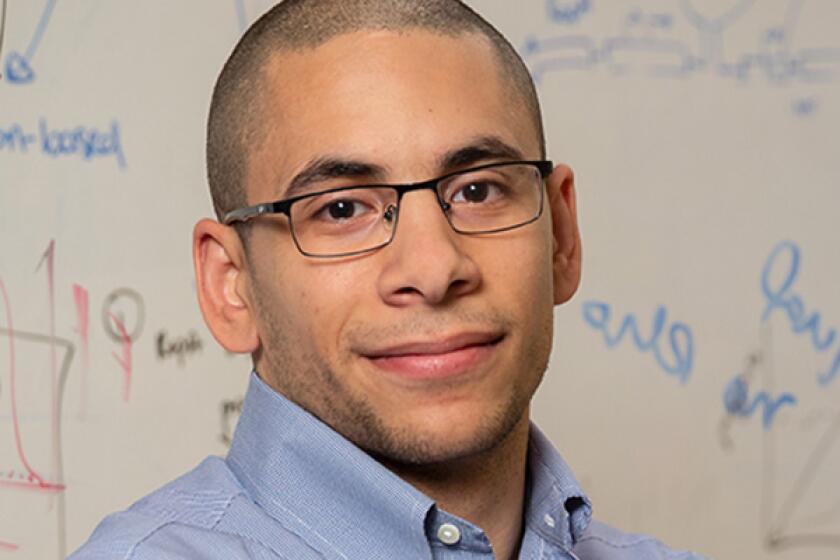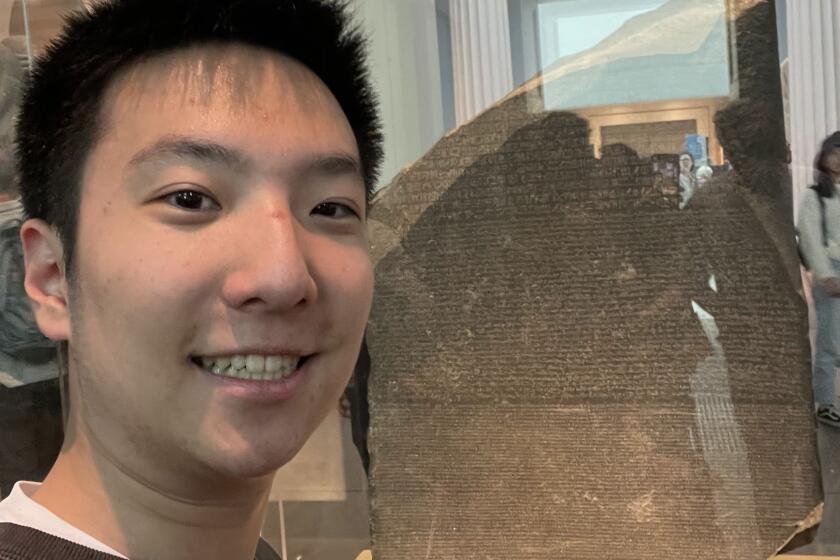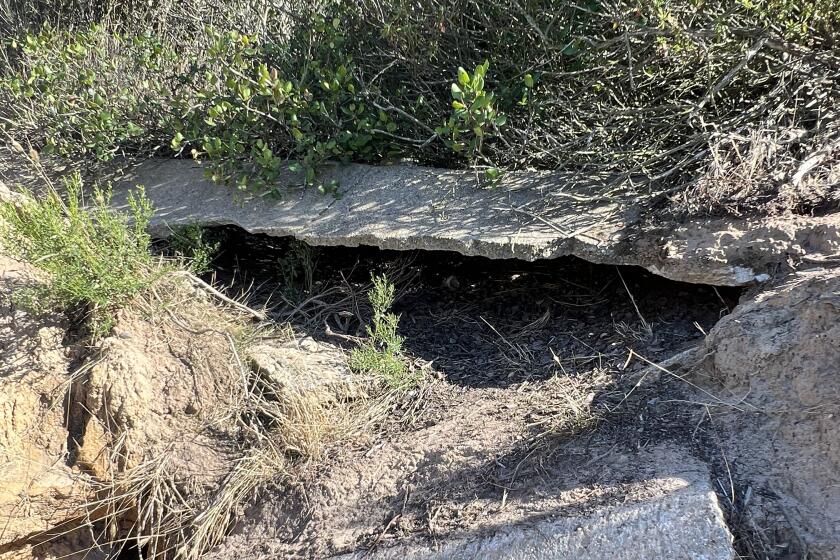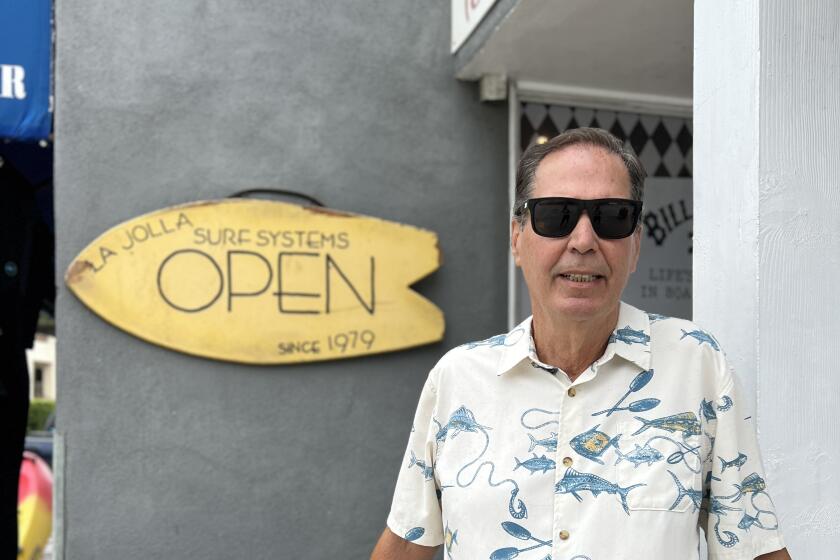People in Your Neighborhood: Scott Silverman addresses addiction through conversation and experience
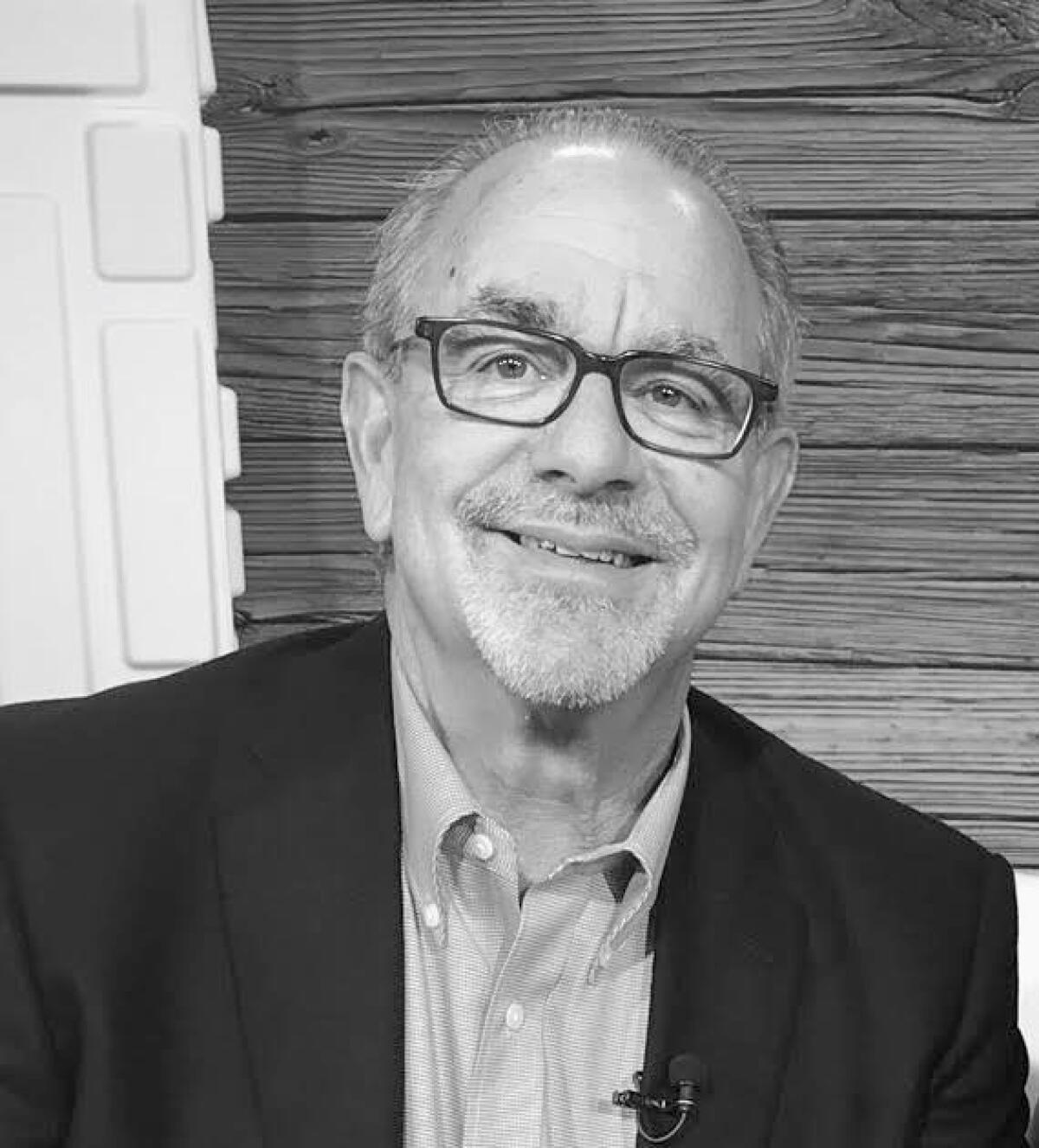
“I don’t want to go to funerals,” Scott Silverman says in explaining his drive to help people dealing with addiction.
It’s a motivation born of his own experiences.
The La Jolla resident runs an outpatient substance abuse treatment program and offers help to the families of those struggling with addiction.
Silverman established the outpatient program, Confidential Recovery, about eight years ago as a state-licensed facility to help first responders, and then veterans, seek treatment for substance abuse.
Confidential Recovery now works with any adult who needs help with addiction.
“If they’re not a good fit for us or they need an inpatient program, I help the families find the best level of care for their loved ones,” Silverman said.
Bringing the families into the conversation is something he also does through yourcrisiscoach.com, where Silverman helps “families navigate and get their loved ones into treatment.”
He also talks to schools, is on the San Diego Prescription Drug Abuse Task force and runs SafeHomes Coalition, a nonprofit that helps educate families on how to remove unsafe medications from their homes, he said.
“All of it’s tied together to help save lives,” he said.
And all of it is based on his own experience with addiction and recovery.
“I’m not a therapist,” Silverman said. A lot of his methods are “anecdotal and experiential. I’ve been sober a little over 36 years and I’ve worked with some very difficult populations and I’ve also dealt with a variety of professionals. It’s easier sometimes to talk to somebody who’s been there and done that.”
“I have a perspective that I bring to the conversation that a traditional clinician may not,” he said. “And I also know that an hour a week [the traditional model for conventional therapy] may not be enough. My goal is to move them to the next level of support.”
The structure of Confidential Recovery’s program is 10 hours per week, he said.
In some cases, more action may be needed. “With someone who’s lying, cheating, manipulating and is actively involved with their disease of addiction, sometimes you need to do an intervention,” Silverman said.
“That’s what I’m pretty good at. And I talk to the whole family,” he said, noting that each family member may need his or her own therapist to “help them move into action.”
Get the La Jolla Light weekly in your inbox
News, features and sports about La Jolla, every Thursday for free
You may occasionally receive promotional content from the La Jolla Light.
Silverman is no stranger to nonprofit work. In 1992 he founded the San Diego Second Chance program, aimed at working “with the homeless, men and women coming out of jail and prison,” he said.
He left the organization about 10 years ago. “It was time to move on to something else,” he said.
That “something else” has led to some fulfilling moments, Silverman said. “Watching someone or bumping into someone who’s graduated one of our programs” and earned a credential in a therapy program or a similar achievement is “exciting.”
The work is not without frustration, though. Silverman said the main challenge is “my impatience. When you know you want to help [somebody], you have to balance how to move forward with them, because sometimes you’ll push them away.”
He said the greatest barrier to seeking treatment is “the stigma of getting help, asking for help, the false pride. ‘I need help’ are the three hardest words.”
Silverman didn’t attempt his own sobriety and check into rehab until “I tried to kill myself. That was a great motivator.”
At his lowest point, Silverman said, he was willing to “do whatever it took. I was ready and I was asking for help.”
Another barrier, he said, is denial. But with “alcohol consumption up 60 percent [and] opioid overdose deaths up 100 percent” during the COVID-19 pandemic, it’s a problem that needs to be addressed, he said.
“There’s a lot of isolation,” Silverman said. “People are not processing this stress very well because they don’t have the tools for it. No one’s ever been through this. Therapists have not been through this; psychiatrists have not been through this.”
These days, he said, he reaches people mostly through Zoom.
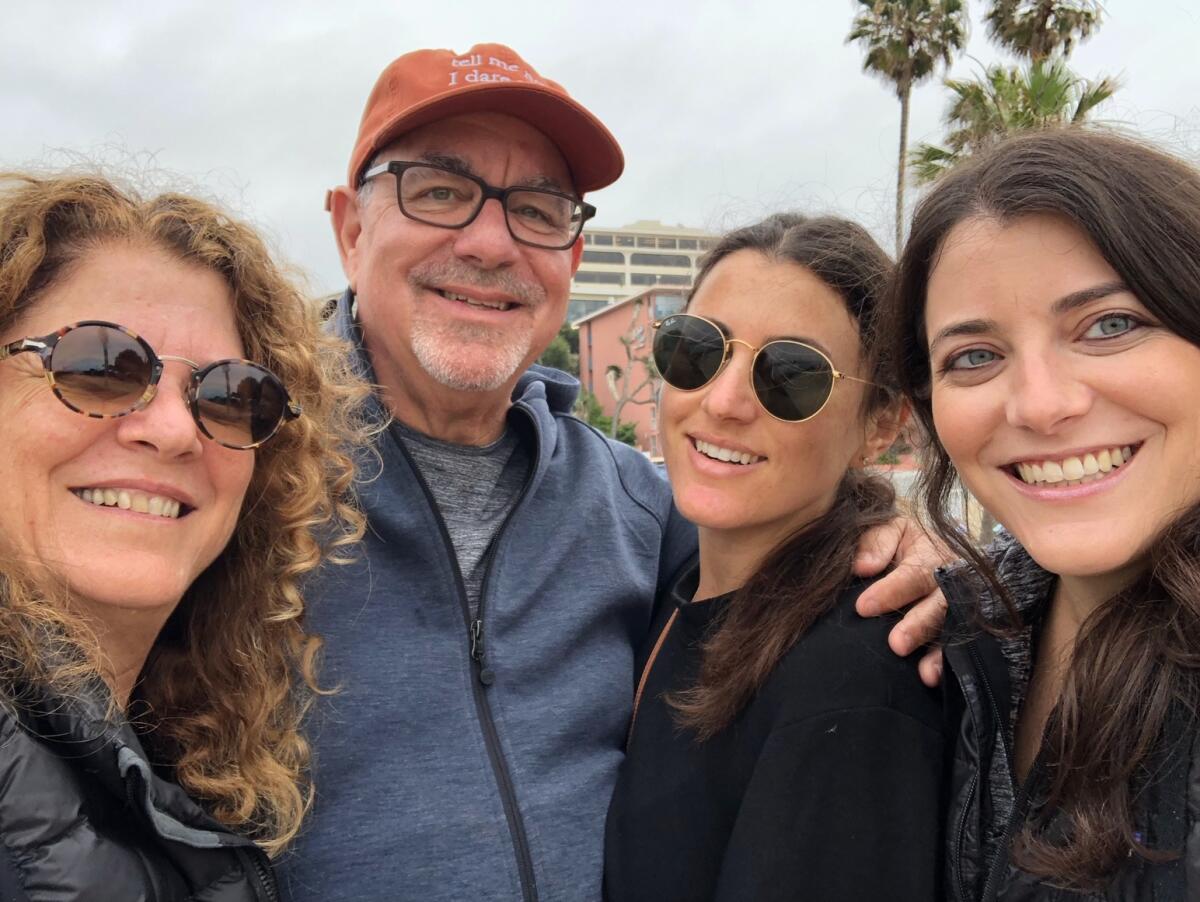
One of his two daughters, Gracie Silverman, who graduated from La Jolla High School in 2009, said her dad’s efforts had gone on long before he established his organizations, and they impacted her as well as her peers.
“Since my dad’s sobriety was so important and also reflected in his work, I was never shy about it,” she said. “Everyone knew who my dad was and what he does. He came to speak during drug awareness week at La Jolla High and my sorority in college a few times. … There’s been situations where one of my friends needed help. He’s the ‘go-to dad’ in these situations.”
Gracie Silverman said she often hands friends a copy of her father’s first book, “Tell Me No, I Dare You! A Guide for Living a Heroic Life,” published in 2008. His second book, “The Opioid Epidemic,” will be released in February.
Through all his efforts, Scott Silverman said his main goal is getting people to talk. “You’re as sick as your secrets,” he said. “There’s hope, there’s help and there’s treatment.”
People in Your Neighborhood shines a spotlight on notable locals we all wish we knew more about. If you know someone you’d like us to profile, send an email to robert.vardon@lajollalight.com. ◆
Get the La Jolla Light weekly in your inbox
News, features and sports about La Jolla, every Thursday for free
You may occasionally receive promotional content from the La Jolla Light.

